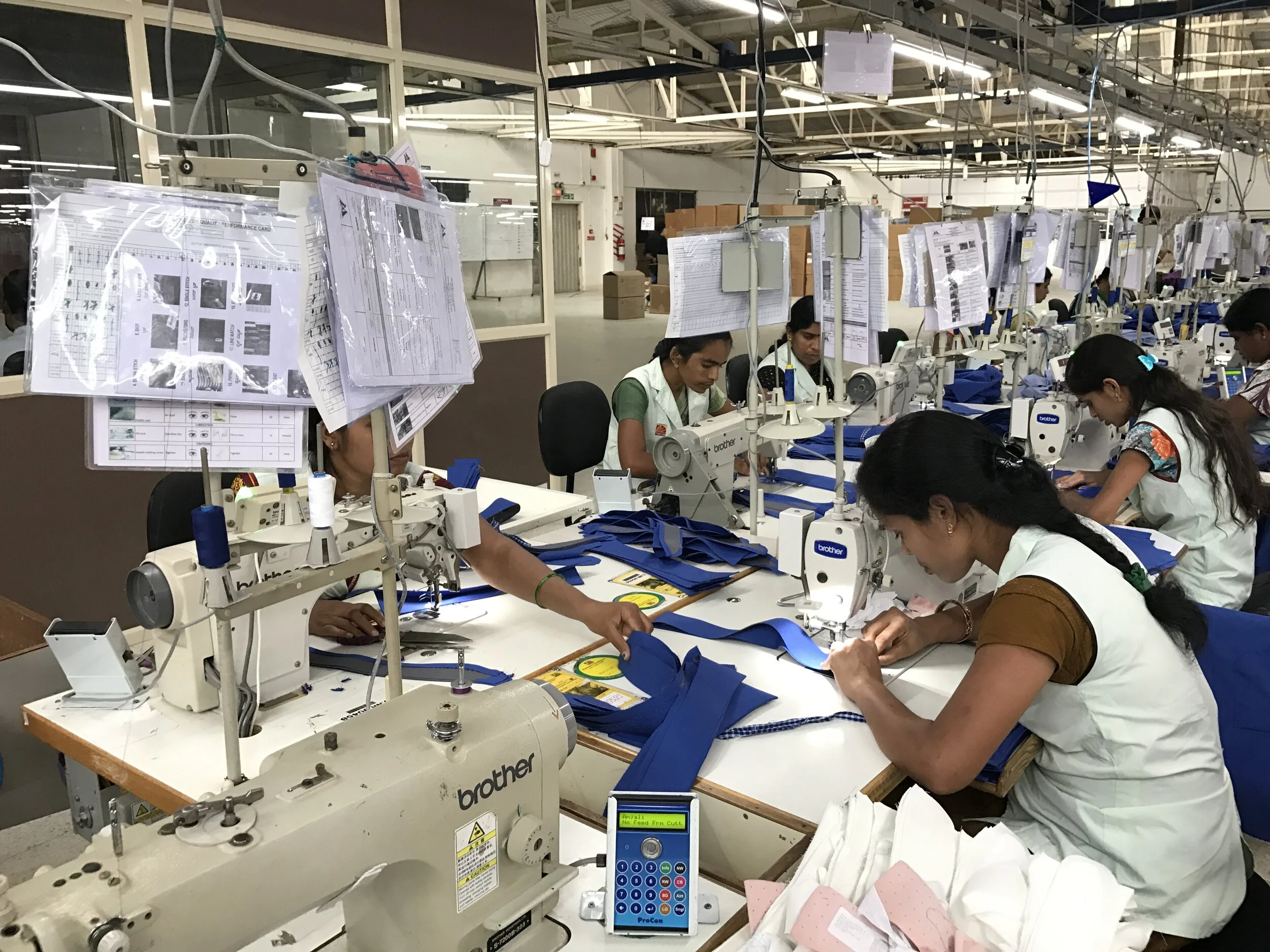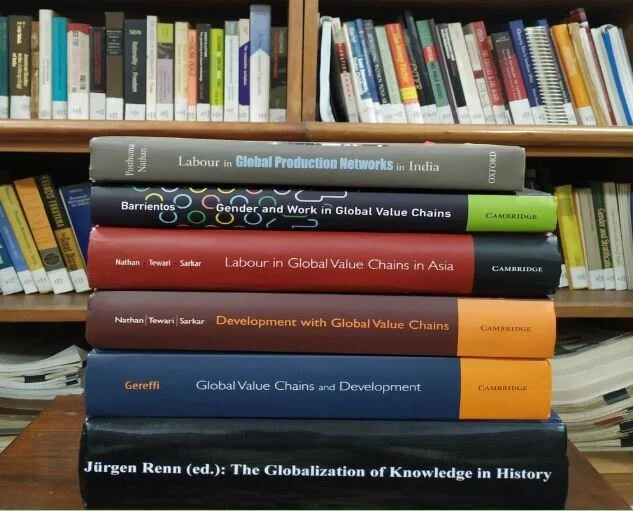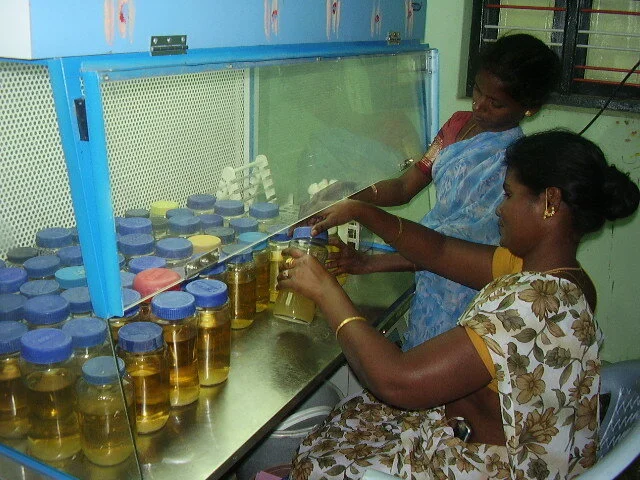What we do?
The Gender Factor in Political Economy of Energy Sector Dynamics (supported by ENERGIA International and DFID)
Govind Kelkar, Dev Nathan, Regallakshmi, Manjula M., Shantanu Gaikwad, Indira Shakya, Purushottam Shrestha, Ashma Tamang.
This study seeks to bring gender issues into the political economy analysis of the dynamics in access and use of modern energy services, chiefly clean cooking energy, (such as LPG or biogas), and modern energy in agriculture (such as electricity, diesel and solar power). In looking at modern energy services we distinguish between three levels of analysis— that of the availability at the macro or national level, of access at the meso or community and household level, and of use at the level of the individual woman. In each of these spheres, i.e. availability, access and use, we look at the role of women and gender relations. Our research shows that women’s income earnings, unmediated ownership of land and other assets, and their participation in women’s groups together promote the agency of women in the use of modern energy in both domestic and production tasks.
Identifying drivers and barriers to sustained adoption of LPG as clean cooking energy : applying lessons from India’s LPG program to Nepal and Myanmar
Govind Kelkar & Dev Nathan
India’s very large programme of distributing subsidized LPG to poor women is reported to have increased access to 90 per cent of households in India. This is a supply side policy that has provided access to clean cooking fuel. However, this access has not translated into sustained use or demand for LPG as the primary cooking fuel. Studies have shown that the number of refills secured by poor women in areas where wood or other solid biomass can be collected for fuel is only about two or three cylinders per year, which shows that these women are continuing to use solid biomass as the primary cooking fuel. Our study will identify the barriers in sustained use and the drivers that have led to sustained use, where this has occurred. Drawing from these lessons, we will formulate an innovation strategy to meet the challenge of turning access into sustained use. Our innovation strategy is based on three principles: increasing efficiency of LPG supply; sustainability of LPG-use; and, improvement in women’s agency (ability and action to make decisions). Our preliminary innovation concept is to incentivize last mile connectivity in remote areas, overcome delays in supplying refilled LPG cylinders and empower women to sustainably use LPG as their primary cooking fuel.
Women’s Asset Ownership and Reduction in Gender-based Violence (for by HBF)
Govind Kelkar, Shantanu Gaikwad & Somdatta Mandal
The objective of this study is to explore the relationship between women’s ownership of land and a reduction in gender-based violence; specifically, it focuses on whether land ownership enables women to exercise economic agency, enhances their ability to make decisions about their own lives, empowers them to individually or collectively act to achieve a desired outcome and thereby ensures a life free of violence in the home and outside. The study concludes that women’s ownership of land results in significantly reducing gender-based violence (physical, sexual and verbal abuse) in the home and public spaces.
Oligopolies, Subsidies and Justice in Global Production: A Study of the Garment Export Industry in India, Cambridge University Press
Dev Nathan, Co-author
The study brings out, among other things, the manner in which the over-use of the bodies of women garment workers constitutes a labour subsidy to increase the super-profits of brands and large retailers in the international garment industry
Gender Impacts of Covid-19 Pandmic
Govind Kelkar & Srruthi Lekha
The government of India has been widely appreciated for stringent measures of the lockdown of vast areas of the countries. Of course, these measures have saved numerous lives, but at the same time have deprived people under poverty line, mainly migrants, casual workers, daily wagers and the like of livelihood, institutional care and food with dignity. There is an intensified domestic violence against women that is not captured in the conventional analysis of socio-economic impact of the pandemic. The reported data since the outbreak of the COVID-19 in March 2020 shows that violence against women and girls have intensified globally with 50 percent reported cases in India. The study tries to understand 1) why for the women homes have become ‘spheres of fear and anxiety’. Women, who have emerged as the crisis managers with their work to provide food and care to every member of the household are subjected to an intensified domestic violence; and 2) why our representatives and democratic governments in the South have failed to put domestic violence in their crisis management agenda.
Witch Hunts: Culture, Patriarchy, and Structural Transformation
Cambridge University Press, 2020
Govind Kelkar & Dev Nathan
Witch hunts are the result of gendered, cultural and socio-economic struggles over acute structural, economic and social transformations, in both the formation of gendered class societies and that of patriarchal capitalism. It combines political economy with gender and cultural analysis to explain the articulation of cultural beliefs about women as causing harm, and struggles over patriarchy in periods of structural economic transformation. The book brings in field data from India and south-east Asia, and incorporates a large body of works on witch hunts across geographies and histories. Witch hunts is a scholarly analysis of the human rights violation of women and its correction through changes in beliefs, knowledge practices and adaptation in structural transformation.
Knowledge, Oligopoly and labour in GVCs
Dev Nathan
The paper explores knowledge in GVCs and its correspondence with the nature of employment in different GVC segments. It starts with the role of knowledge that is protected through intellectual property rights in creating oligopolies in product markets, which are then re-created as oligopolies in the input markets. Knowledge requirements, transmitted through governance relations, and the inter-firm distribution of profits within GVCs, result in differing qualities of employment corresponding to the level of knowledge required in different production segments.
Women and the Green Economy : engaging with Development Bank.
Govind Kelkar & Sudeshna Sengupta
The paper argues for an overarching concern for gender quality in Green Economy and Sustainable Development, and suggests the three strategies for the New Development Bank:
o Prioritize projects that will promote gender equality in the form of reducing unpaid care work burden on women and girls;
o Monitor outcomes in terms of right to Decent work and green jobs and access to social security.
o Ensure skilling and reskilling with feminists’ framework.
Apparel Sector Multi-stakeholder Coalition
Facilitated by Lakshmi Bhatia
Working with multiple actors on a collective response on Covid-19 to achieve ‘wellbeing for workforces and business’ in partnership with government, multilaterals, brands, buyers, foundations, industry forums, factories, right advocates, trade unions and civil society groups.
Why the New Development Bank should have a gender policy?
Govind Kelkar, Priti Darooka, Divita Shandilya & Rebecca Perkins.
Discussions with the New Development Bank management highlighted three key points to ensure the mainstreaming of gender equality in all structures and operations:
1. Set up an external multi Stakeholder gender advisory committee;
2. Develop a comprehensive, mandatory gender policy to guide all of the NDB’s structure, governance and operations;
3. Establish a gender unit within the NDB, comprised of feminist experts to lead these processes.
Women in Value Chains Working Group
facilitated by Lakshmi Bhatia
Women in Value Chains (WIVC) Working group, set up in 2017 as a platform for civil society and other multilateral agencies. The WIVC working group focuses on strategic issues through research, advocacy, programmatic partnerships.
Social Norms and Attitudes Towards Women’s Entitlement to Land ( for CSD )
Govind Kelkar & Pallavi Govindnathan
Feminist political economy contributes to a gender analysis of the rights to own and control land through analysing the gender dimensions of state policies, intra-household relations and institutions. However, it has only a limited analysis of the societal embeddedness of gender norms that influence both policies and practices. The gender-based inequalities and unfreedoms of women are created and reinforced through social, cultural norms and masculine attitudes; and they are said to be slow moving institutions as compared with legal and technological changes. This study intends to explore policy changes for women’s entitlement to agricultural land in the diverse socio-political context of women farmers’ demand for their unmediated right to land since 1940s and the state’s delayed and flawed response that considered the male right to land as part of the cultural norms in India
Business Strategies to End Child Labour in Jaipur, 2018
Dev Nathan with Varsha Joshi, Lakshmi Bhatia & Govind Kelkar
A study done for the Freedom Fund. The purpose of the study was to design policies that could be adopted by businesses to end child labour in key unorganised sectors, such as bangle making, embroidery and cutting of gemstones.














